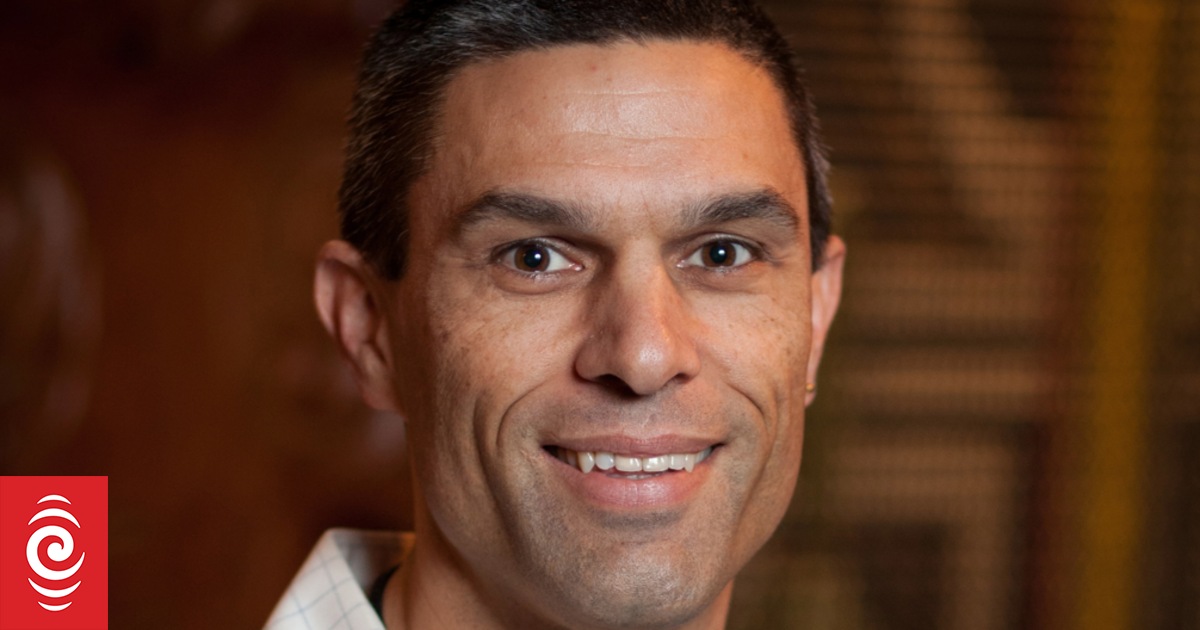Public health doctor Rhys Jones.
Photo: Supplied
Māori and Pacific medical students going through a long-standing admissions programme are graduating at a higher rate than students in other faculties, an article published in The New Zealand Medical Journal has shown.
The Māori and Pacific Admissions Scheme (MAPAS) was established in 1972 to support Māori and Pacific students into the Faculty of Medical and Health Sciences at the University of Auckland.
Associate Professor of Māori Health at the University of Auckland Dr Rhys Jones (Ngāti Kahungunu) said the programme supported students through more than just admissions.
There was also a one year foundation programme, Hikitia te Ora, which supported academic and science literacy development, and MAPAS continued to provide academic, pastoral and cultural support to students all the way through their degree, he said.
“As well as academic support they also include providing culturally safe spaces for students, working to strengthen students indigenous identities, their confidence, their leadership skills and all those interventions are really comprehensive and strongly evidence based.”
The research measured the performance of MAPAS students in foundational level and bachelors degree programmes at the University of Auckland from 2016 to 2023 compared with all Māori and Pacific students who were studying equivalent-level courses at the university in the same time period.
“The study found that MAPAS students are achieving excellent results, these students are passing their courses, progressing through their studies and graduating at consistently higher rates then the average for Māori and Pacific students at the University of Auckland,” Jones said.
Foundation level course pass and graduation rates for MAPAS students were between 15 and 23 percentage points higher than the student average, he said.
Jones said lifting Māori and Pacific achievement was a key priority for universities.
“These pro-equity programmes are still needed to address the persistent health workforce inequities that we have, despite some progress over recent times we still have massive underrepresentation of Māori and Pacific health professionals in our workforce. For example, only 5.1 percent of medical practitioners are Māori and 2.4 percent are Pacific people,” he said.
That was less than a third of what would be expected based on population, he said.
Jones said those low numbers were linked to systemic racism as well as multiple barriers students faced in schools and universities.
“Māori and Pacific people experience the poorest health outcomes in Aotearoa so there’s an obligation to ensure equal rights to good health for all New Zealanders. There’s also increasing evidence that people have better health outcomes when their healthcare is provided by someone who can connect to their community and their cultural background.”
Programmes such as MAPAS were about leveling the playing field, but they were also about producing a better health workforce for New Zealand, he said.
“At the end of the day what we want is a workforce with the greatest potential to contribute to the health and well being of patients in Aotearoa, particularly members of underserved communities, now you don’t get that if you focus purely on academic achievement.”
The health workforce needed to made up of people who were not just academically sound but also culturally and clinically competent, he said.
Jones said without programmes like MAPAS, universities would end up recruiting preferentially from certain demographic groups and many capable students from marginalised communities would be denied the opportunity to study in the health professions.
“So what I would say to opponents is that pro-equity programmes like MAPAS are strongly evidence based and they contribute to better healthcare and a better health system for Aotearoa as a whole, they are achieving success, they contribute to greater diversity in the health professional workforce and they can help to address health inequities which is good for everyone.”
Sign up for Ngā Pitopito Kōrero, a daily newsletter curated by our editors and delivered straight to your inbox every weekday.

